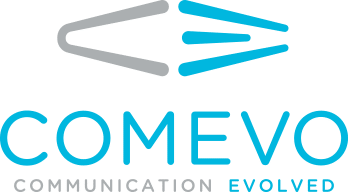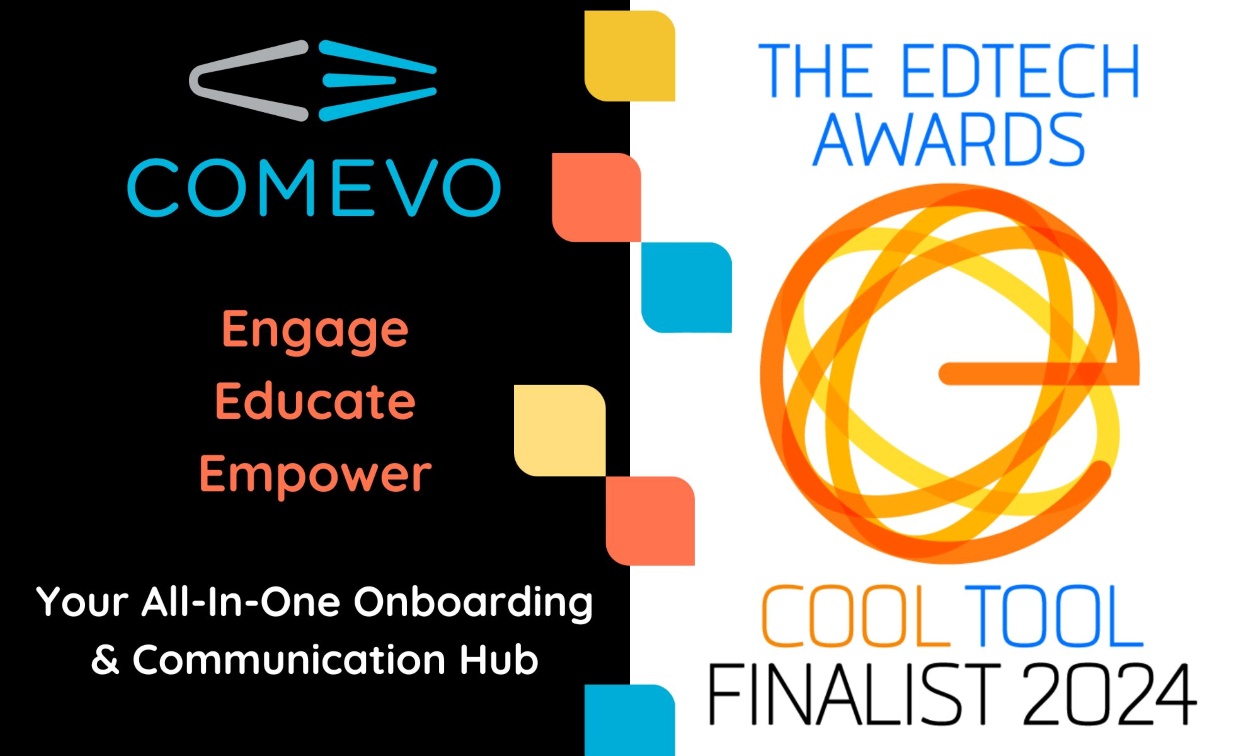Gen Z is defined as anyone born between 1996 and 2012, ranging in age from 25 to 9 years old. The youngest of this group is still in elementary school and the oldest are entering the work force. With the Millennial generation phasing out of Higher Ed and Gen Z phasing in, it’s important for colleges to understand this new group’s values, dynamics, and worldview in order to adapt to the changing landscape.
“Members of Gen Z are more racially and ethnically diverse than any previous generation, and they are on track to be the most well-educated generation yet.” According to the Pew Research Center, they are more likely than their older counterparts to pursue an education with 57% of 18-21 year olds being enrolled in a 2 or 4 year college.
Having grown up during the rise of the internet, Gen Z has a unique mindset. The Pew Research Center notes that while Millennials have often been called digital pioneers, Gen Z-ers are “digital natives who have little or no memory of the world as it existed before smartphones”, being completely familiar with technology – making them much more comfortable with online learning.
With these factors in mind, here are 4 key things to know about the Gen Z mindset:
1. Flexible Knowledge
Gen Z’s knowledge base tends to be more flexible. Their talent lies in rapid skill acquisition, relying on working knowledge over strict memorization, making them fast learners. They “are creative, hands-on and tech-savvy students who prefer immersive, active educational experiences versus passively sitting and listening to professors lecture for hours.”
It’s all about adaptability and experimentation. Gen Z just has to learn the rules of the game and they will use their research skills to adapt from there.
Access to resources like online libraries, databases, and workshops works with this style of learning, creating hubs for students to use and refer back to. It’s also a good idea to have these resources easily accessible from mobile devices.
2. Learning Style
The internet provides Gen Z with “an abundance of information… at their fingertips, allowing [them to] be proactive in their learning”, digging into topics that they find interesting.
“Far from isolating themselves through technology…Generation Z sees virtual experiences as a way to engage with others near and far. They are more connected than previous generations and incredibly social.”
Gen Z-ers are highly tech-savvy and collaborative learners. And they are particularly good at figuring out how to translate online instructions into the real world, creating hands-on experiences for themselves.
Communities around things like sewing and cooking have popped up online, creating a sense of experimentation and teamwork as people showing off their creations. Podcasts and articles are go-to’s for expanding knowledge on a certain subject, while video platforms like YouTube and Tiktok are popular for learning new skills – often using the comment section to trouble-shoot any issues they run into.
A good way to support this skill set is to have multiple ways to access information, such as a video or an audio clip to go along with text. Having a searchable library for student success or campus resources gives these students more direct access to that information, as well as having a recorded webinars and workshops.
Most Gen Z folks benefit from working in groups, so break-out rooms during Zoom-meetings or group work during orientation or workshops is highly encouraged.
3. Pragmatic and Value Driven
This generation is very thoughtful when it comes to finances. “Many Gen Z-ers grew up watching their parents take huge financial hits during the Great Recession. Having witnessed their parents’ struggles, this generation is driven by pragmatism and security.”
Gen Z folks try to be smart with their money, investing in their educations and choosing their majors carefully. They try to strike a balance between being economical and supporting things they care about. This same pragmatism is reflected in their lifestyles and buying habits.
According to the Annie E. Casey Foundation, “Gen Z kids can rely on their tech savvy and extensive social networks to make informed purchasing decisions. Their pragmatism leads them to explore and evaluate a range of options before settling on a product.”
They tend to choose companies that reflect their values, researching items to verify that a product is, for example, actually vegan or from a black-owned business. And they do the same thing when looking at colleges.
Gen Z wants to support people who are working to make the world better, meaning that those who are trying to appeal to this group need to have their mission and culture front and center with action to back it up – things like donating to charities or a more eco-friendly campus.
They care about values, authenticity, and results.
4. Feelings of Uncertainty
Another key factor to understanding this generation’s mindset is that they tend to look at the future with uncertainty.
They have lived through some pretty big historical upheavals, they were raised in a post 9/11 world and have lived through the 2008 Housing Crisis and Covid-19. Gen Z’s access to the internet heightens this, they are able to see disasters happen in real time with media saturated in tragedy. While this generation is notoriously good at organizing and getting help to those in need- there is a feeling of being overwhelmed.
This generation is definitely in need of some encouragement and direction. Work-based learning, internships, and other practical measures gives Gen Z students a more accurate picture of the adult world and the tools to deal with it. What they need is strategy, practice, and a bit of guidance.
Conclusion:
Gen Z folks are fast tech-savvy learners and strategic spenders. They are determined, creative, and collaborative students who want to make positive change and secure a stable future for themselves. Here is how that applies to colleges.
Take Aways:
- Make sure websites are accessible from mobile devices
- Include hands-on experiences, even in online learning
- Have collections of information, like searchable databases and video libraries, to work with Gen Z’s learning style
- Have multiple ways to access information, like audio or video clips as well as text
- Work in groups or having breakout rooms during Orientation to promote collaboration
- Incorporate work-based learning to give students as sense of direction, things like workshops on how to navigate job-interviews or write a resume
- Have charity or community programs that students can get involved in
- Collaborate with students on making changes around campus
- Promote community work that your campus is doing to showcase your college’s values






